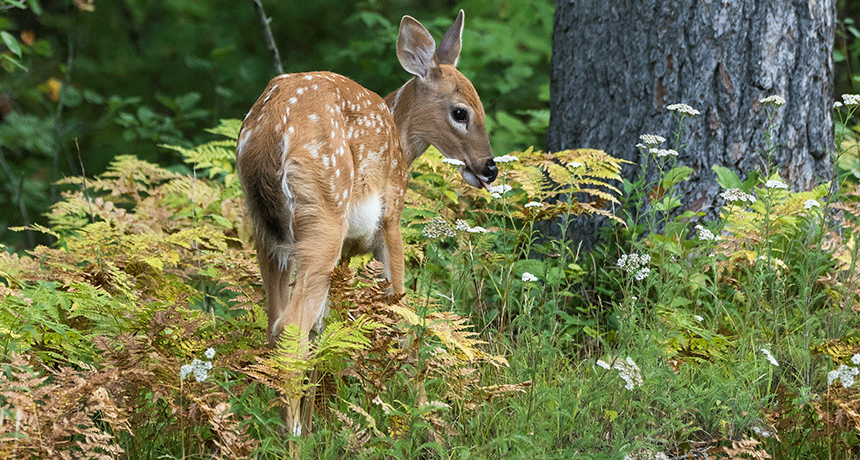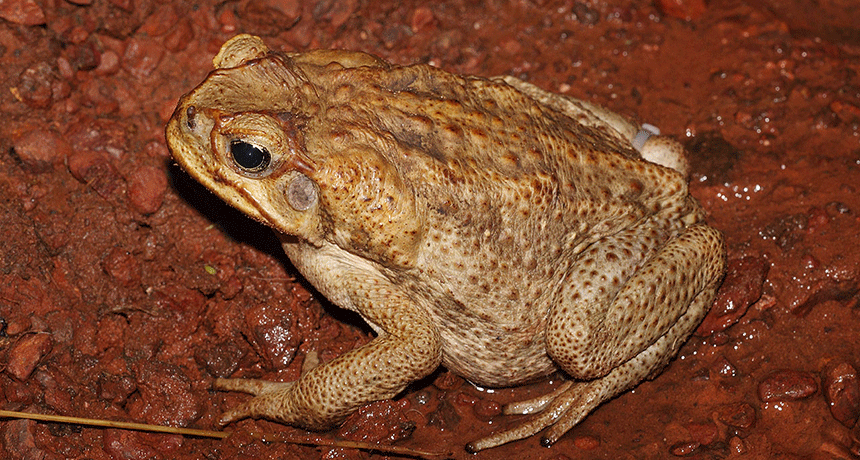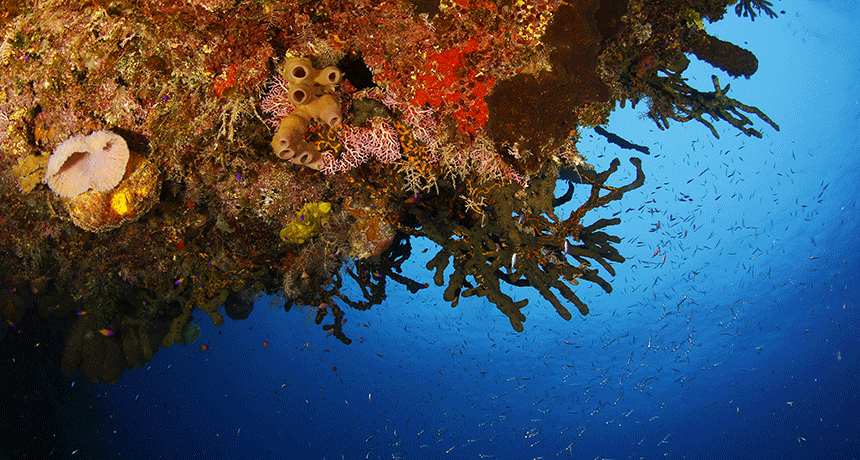Ecosystems
-
 Ecosystems
EcosystemsWelcome to the Arctic’s all-night undersea party
Life teems in the frozen darkness of the Arctic night. But as the ice recedes and people move in, their light pollution may disturb the animals living there.
-
 Earth
EarthMicroplastics take flight in the bellies of mosquitoes
In polluted water, mosquito larvae may eat microplastic — and it will stay in their bodies as they grow. That might pose risks to skeeter-eating birds.
-
 Ecosystems
EcosystemsScientists Say: Understory
A forest isn’t made just out of the tallest trees. Shorter trees and shrubs thrive in their shade. This layer is called the understory.
-
 Chemistry
ChemistryDon’t flush your contact lenses
One in five people who wear contact lenses flush their used eyewear down the sink or toilet. That plastic pollutes the environment and can harm wildlife.
-
 Ecosystems
EcosystemsNew tools aim to better predict blooms of toxic algae
Scientists across the United States are developing programs that can predict when blooms of toxic algal may occur.
-
 Earth
EarthSurprise! Fire can help some forests keep more of their water
In California’s Sierra Nevada mountains, a century of fire suppression has led to forests with too many trees. But areas thinned by fire now show one benefit: more water.
-
 Animals
AnimalsDeep-sea expedition led researchers to doomed octopus nursery
The ill-fated octopods may be a sign that a healthy population is hiding nearby.
-
 Ecosystems
EcosystemsA robotic fish could help mangroves grow
Reforested mangroves don’t always grow well. To figure out why, two teens built a robotic mudskipper to measure the mud.
-
 Animals
Animals‘Boot camp’ teaches rare animals how to go wild
Animals raised in captivity cannot safely re-enter the wilds without first understanding how to find food and avoid becoming a predator’s lunch. Scientists are helping some species learn this.
-
 Ecosystems
EcosystemsSmall swimmers may play huge role in churning the seas
Hoards of migrating shrimp and krill can cause large-scale water movements in the ocean, a new study suggests.
-
 Animals
AnimalsScientists Say: Invasive species
These are foreign species that are causing problems for native organisms and ecosystems.
-
 Animals
AnimalsExploring the mysteries of Cuba’s coral reefs
Researchers are studying the mysterious lives of creatures in and near Cuba’s coral reefs. What they learn could help protect ocean life globally.
By Bryn Nelson